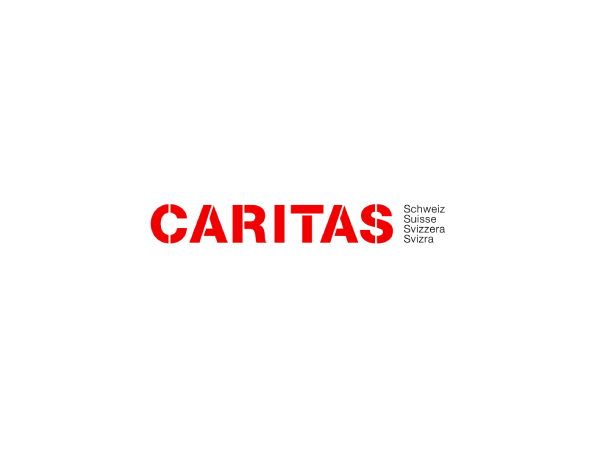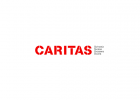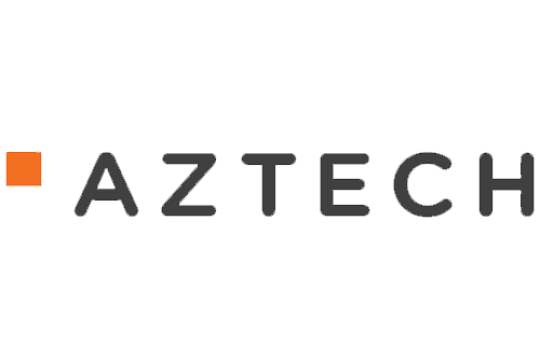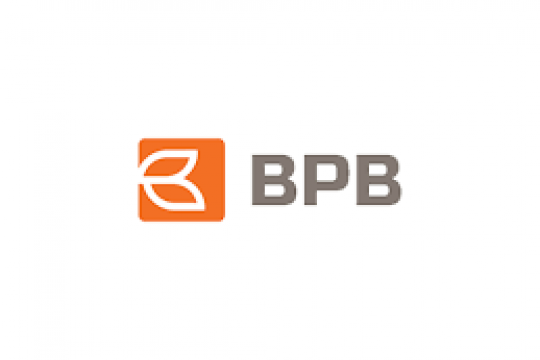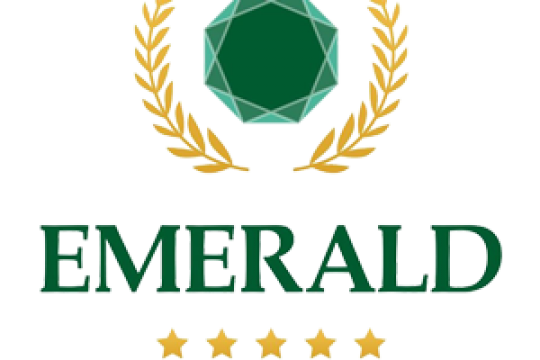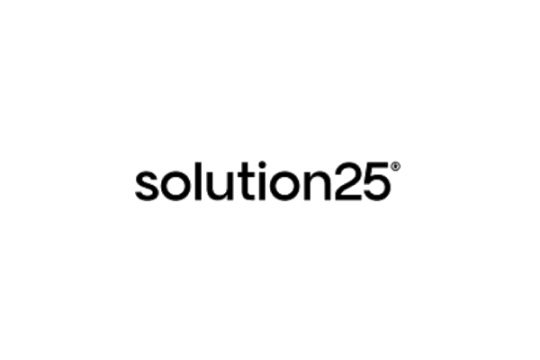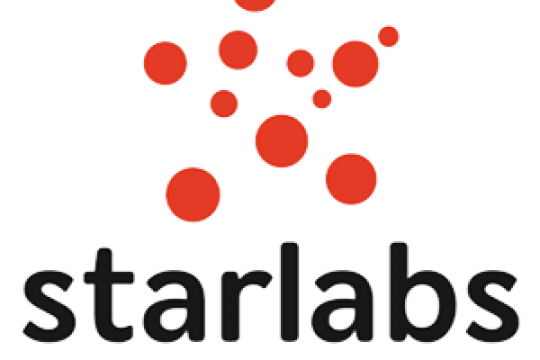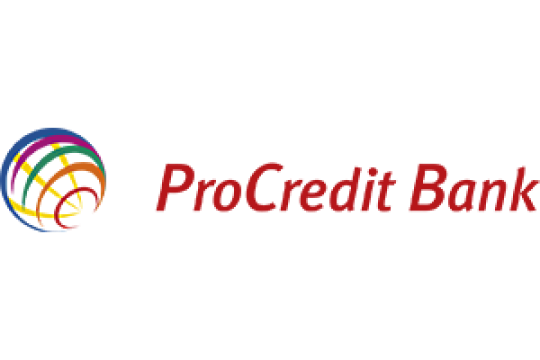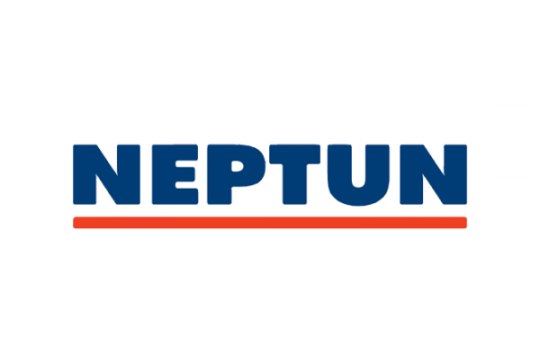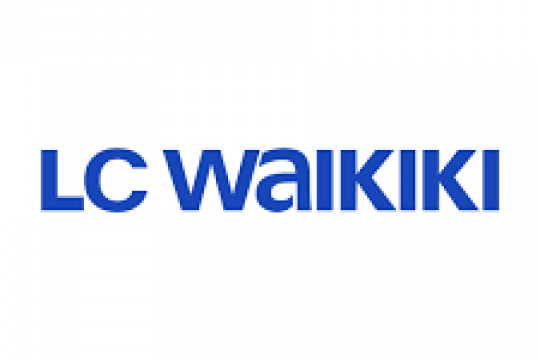Terms of Reference - EREA Data collection consultancy
TERMS OF REFERENCE
EREA Data collection consultancy
in the frame of the programme Empowering Rural Economies in Agriculture (EREA),
implemented by Caritas Switzerland in Kosovo, funded by the Austrian Development Cooperation (ADC)
- BACKGROUND
EREA is designed to address the evolving role of agriculture in the country's economy. Currently contributing 8% to the Gross Domestic Product (GDP), the sector employs a significant quarter of the workforce, particularly in rural areas where two-thirds of the population reside. Despite its importance, agricultural productivity levels lag behind regional and international benchmarks due to limited adoption of modern inputs and technologies, insufficient expertise in good agricultural practices, restricted market integration, and challenges in accessing finance.
Recognizing the potential for growth and income generation, EREA focuses on higher-value production and processing of Non-Wood Forest Products – Medical and Aromatic Plants (NWFPs-MAPs), Berries and Fruit and Vegetable Processing. Recent years have seen expansions in these sectors, with increasing sales. To ensure inclusive growth, the program specifically targets the participation and benefit of women and members of marginalized communities, while emphasizing sustainability and ecological regeneration.
Adhering to the Market System Development (MSD) approach, Caritas Switzerland (CACH) collaborates closely with three National Associations: Mjedra e Kosoves (MeK) for the berry and forest fruits sector, Association ORGANIKA for the NWFPs and MAPs sectors, and Association PePeKo for fruits and vegetable processing. Additional partners, such as the Non-Governmental Organization Initiative for Agricultural Development of Kosovo (IADK), the Research Institute of Organic Agriculture (FiBL), EcoKosWomen (EKW), and Agricultural Development Foundation of Kosovo (AgroDev), including the Ministry of Agriculture, Forestry, and Rural Development (MAFRD), contribute to achieving the program's objectives.
EREA seeks to make a meaningful contribution to Kosovo's rural economy's growth and value creation, focusing on the cultivation, harvesting, processing, and sale of NWPFs-MAPs, fruits, berries, and vegetables. The programme's success will be measured through an extensive monitoring system that adopts a mixed-methods approach, combining qualitative and quantitative data collection techniques. A baseline study, conducted at the programme's outset, will serve as a reference point throughout the intervention, enabling the measurement of progress and evaluation of impact against established benchmarks. Ultimately, the programme aims to provide a clear understanding of its effectiveness in achieving the intended objectives by the end of its duration.
- OBJECTIVE
The primary objective of this assignment is to conduct comprehensive data collection activities throughout the duration of the EREA programme. The company will initially focus on executing a baseline study involving approximately 150 beneficiaries across two municipalities. Subsequently, the company will be responsible for implementing surveys, questionnaires, and facilitating focus group discussions with direct program beneficiaries. The scope of engagement will be adaptable and responsive to the evolving needs and activities of the programme, ensuring that data collection efforts remain closely aligned with programme interventions. The objective is to maintain a dynamic and agile approach that enables timely and accurate data gathering to support informed decision-making throughout the programme lifecycle.
- METHODOLOGY
The methodology for the data collection under the EREA programme will follow a comprehensive and adaptive approach. The chosen methodology will ensure the collection of both quantitative and qualitative data to assess the impact of interventions and identify intended and unintended outcomes.
The steps below guide the overall process of the study:
- Data Collection Methods Design and Implementation:
- Collaborate with EREA to design and implement data collection methods tailored to intervention and sector requirements, aligned with programme goals and indicators.
- Develop questionnaires, surveys, and discussion guides reflecting programme indicators according to the log frame and intervention result chain/measurement plans.
- Customize data collection tools to address the diversity of beneficiary groups, ensuring unique needs and contexts are addressed.
- Ensure availability of data collection tools in English, Albanian and Serbian languages.
- Obtain approval for data collection tools from the EREA programme's Monitoring and Evaluation Manager.
- Conduct surveys, questionnaires, and focus group discussions as necessary to gather quantitative and qualitative data on beneficiary perceptions, attitudes, and experiences.
- Dynamic Adaptation and Feedback Mechanism:
- Establish a feedback loop mechanism to dynamically adapt data collection methodologies based on real-time feedback and emerging needs.
- Modify data collection instruments and sampling strategies as required to accommodate changes in programme dynamics.
- Team Assembly and Training:
- Assemble a proficient team capable of handling workload within established timeframes.
- Provide training to team members on data collection methodologies, software, and analysis techniques.
- Ensure all team members possess extensive experience in qualitative and quantitative data collection techniques, including proficient facilitation skills for focus group discussions.
- Reinforce adherence to ethical guidelines and provide logistical support for seamless field operations and data collection.
- Data Collection Planning and Logistics:
- Establish overall logistics including timeframes, milestones, goals, and contingency plans.
- Provide weekly updates to the EREA programme Monitoring and Evaluation Manager on beneficiaries interviewed, outstanding interviewees, problems and solutions, and modification requests to timelines.
- Conduct quality assurance on submitted data and produce a draft outline for the final report.
- Data Analysis and Reporting:
- Analyze all collected data, including quantitative and qualitative data points.
- Code qualitative data points from focus group discussions.
- Consult EREA stakeholders during the data analysis process and deliver preliminary key takeaways.
- Produce draft versions of assignments for review and feedback, conduct thorough copy edits, and submit final versions in Word and PDF format.
- Serve as the main point of contact for all edits, reviews, and correspondences regarding study versions.
- DELIVERABLES
Through this activity the consultant/contractor is expected to achieve the deliverables as stated below:
- Final Workplan with methodology, timeline, roles, and responsibilities.
- Final questionnaires with approved translations.
- Bi-weekly correspondences between Team Lead and EREA Monitoring and Evaluation Manager on data collection updates, problems and solutions, and any modification requests to timelines.
- Draft report outline.
- Draft version of the report.
- Final version of the report with corresponding final data sets.
- TIMELINE
The consultancy spans two years, with ongoing baseline data collection conducted throughout the programme. Yearly reports summarizing endline survey findings and programme progress will be submitted to the EREA M&E Manager after each programme year. Detailed timelines for each deliverable will be provided by the contractor based on programme dynamics and interventions. For this activity, the level of effort shall be up to 25 days (in the first year) unless negotiated in advance with the EREA Programme Manager and approved by the Caritas Switzerland Country Director.
- KEY QUALIFICATIONS
The contractor (consultants) or team, are expected to have the following skills and key qualifications:
- Bachelor’s/Master’s degree in statistics (leader of the assignment), sociology, economics, rural development or any other relevant university degree related to the study.
- At least 5 years of professional experience in the field of international development, agriculture, and/or economic development.
- Significant experience with Appreciative Enquiry Approach and qualitative data analysis.
- Sector-level experience in the fields of rural, market systems, and agricultural development.
- A comprehensive mix of communication and writing skills in English, Albanian and Serbian, which will be required for interviews, data analysis, and report writing.
- Professional presentation and social skills.
- BID SUBMISSION PROCESS
Interested consultants/companies are requested to submit an electronic copy of their proposal by July 25, 2024, with the subject line: REF: “EREA Data Collection Proposal” to Ms. Behare Mlinaku, Monitoring and Evaluation Manager – bmlinaku@caritas.ch with vrruka@caritas.ch and kosovo@caritas.ch in the CC line.
Applicants must submit:
- CVs of all individuals included in the consultancy team. Please note to have all CVs formatted in a uniform fashion.
- Proposal narrative which includes the consultants’/companies’ suitability for the assignment, previous work experience, qualifications, and sector expertise. Please include any past relevant work that might demonstrate knowledge of sector or proposed methodologies (maximum 2).
- Draft workplan which includes dates, milestones, team members assigned, and any other details to demonstrate an adequate level of resourcing within the proposed
- Budget broken down by deliverables and individual daily fees. Please note transport costs need to be included in the budget offer. Note: The financial offer should present the costs involved, including the price per day for each team member proposed to be engaged in the project and the price per interview or data collection activity conducted by the team. Given the variable nature of the project's engagement duration throughout the year, the financial evaluation will be focused also on the price per unit, and the overall cost. The ceiling of the budget is 8,000 EUR, corresponding to a maximum of 25 engagement days per year.
- The financial offer must include prices without VAT and with VAT.
The proposal will be evaluated by using the Best Value for Money Approach (combined scoring method). The technical proposal will be evaluated with 80% weight, whereas the financial section will be evaluated at the remaining 20%. Offers that do not include all submission requirements will not be evaluated and considered ineligible.
